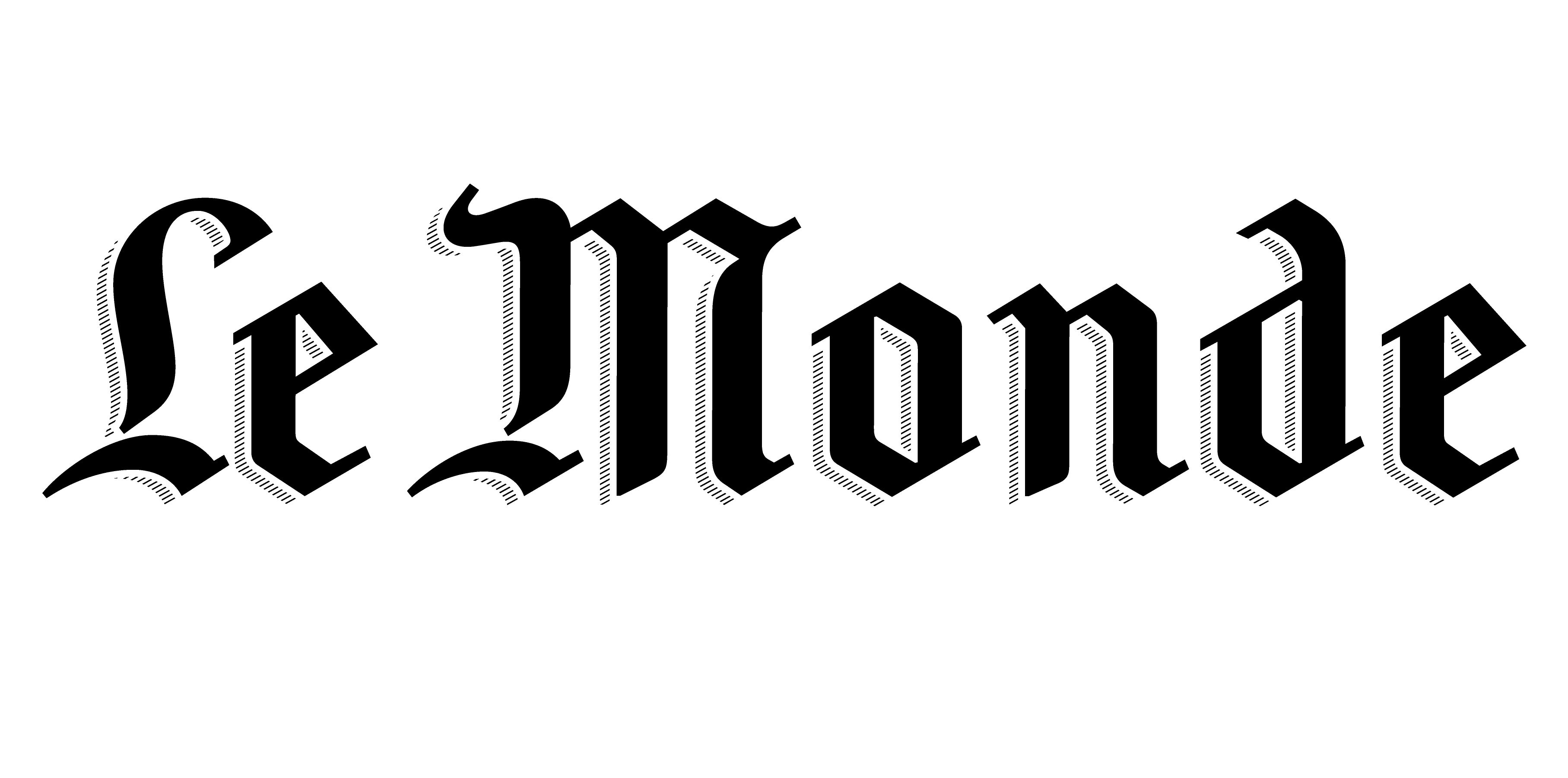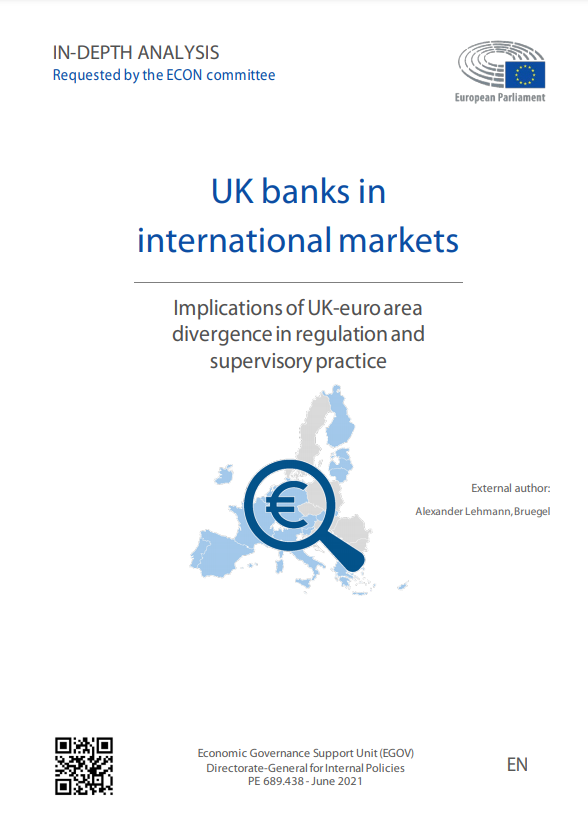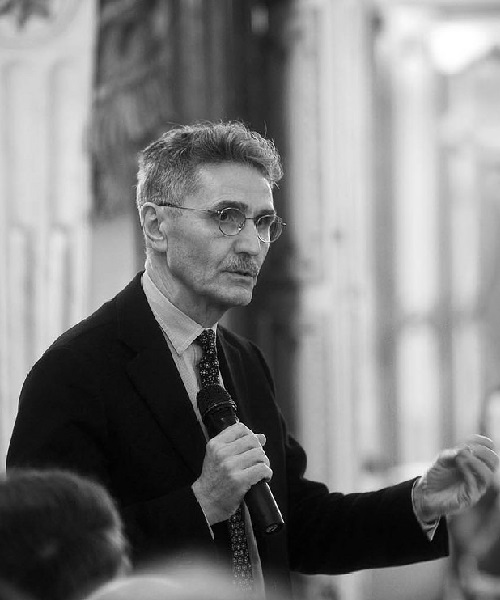Opinion
Understanding populism
Political identity is a group stereotype. As no camp corresponds exactly to our expectations, we choose the one to which we are closest and which is also the most distant from the ideas we reject
How did Boris Johnson conquer the Midlands? What reason do American workers have for supporting Trump, whose policies favour the wealthy? How did Salvini, yesterday’s champion of northern selfishness, manage to extend his grip to the rest of Italy? To answer these questions, one must understand populism.
Yann Algan, Elizabeth Beasley, Daniel Cohen and Martial Foucault have described the phenomenon as a symptom of desocialization. The disintegration of class, they argue, has left individuals in a state of disrepair. The low level of interpersonal trust which characterises the French would lead them in particular to distrust institutions and elites. But while it sheds light on the yellow vests movement, the book does not explain why countries that are significantly less desocialized than France are experiencing similar drifts. By emphasising new so-called cultural cleavages—around values, immigration and the nation—political scientists offer an alternative perspective. And yet, Ingelhart and Norris’ cultural backlash theory, which sees in populism the effect of the stiffening of traditional social categories shaken by mutations, does not allow us to understand why so many voters have passed without a shot from an economic definition to a cultural definition of their identity. Economists have highlighted the devastation caused by the financial crisis, dissected the new inequalities and explained the effects of work transformations. They re-estimated the impact of the surge in Chinese exports and showed how struggling cities and regions are struggling to recover. But their analysis regularly leads to the same conundrum: how to explain why people vote against their own economic interests?
As Didier Éribon noted in “Retour à Reims”, the same popular strata which were defined yesterday in economic terms do so today in cultural terms. The question is why. Nicola Gennaioli and Guido Tabellini, from Bocconi University, have taken this up head-on.
Political identity, they argue, is a group stereotype. As no camp corresponds exactly to our expectations, we choose the one to which we are closest and which is also the most distant from the ideas we reject. This identification, once made, colours our perceptions of reality. For instance, a left-wing voter is not only more sensitive to inequalities, but she also has an aggravated perception because she assimilates to the less fortunate, while right-wing voters find it easier to put them into perspective. This is what Marx called class consciousness.
There are, however, different ways of defining yourself politically. You could identify on an economic basis, based on the challenges of work, income distribution and social mobility. Alternativity, you could identify on a cultural basis, in terms of openness towards minorities or attitude towards immigration. The coexistence of these two dimensions (and possibly others) can lead voters to switch from one stereotype to another. Like the workers of Reims of Eribon, they can both remain the same and pass from an economic characterisation to a cultural characterisation of their political identity. This shift leads them to mute their preferences in terms of income distribution, which divide within their new camp and to emphasise their preferences in terms of immigration or integration
In the United States, since 2000, the divergences between social categories on the level of public expenditure (a good marker left/right) have significantly diminished, while that differences over the desirable level of immigration have sharpened. In France, the 2017 presidential election was not played out on economic criteria, unlike that of 2012 (but they reappeared later).
This analysis makes it possible to understand how social developments of modest magnitude can induce restructuring in the political field. At any time, economic and cultural preferences coexist, and it only takes a limited shift to move from a structuring by the former to a structuring by the latter. This explains why the political parties are colossi with feet of clay. They are overwhelming, and yet they can collapse in an instance.
The approach also undermines the simplistic dichotomy between economic and cultural explanations of populism. A striking feature of recent technological change is that it disrupts individuals with the lowest level of education, with the consequence of an increased correlation between income and cultural attitudes. In response, the political space tends to reorganise around that of these two coordinates which offer the greatest potential for differentiation between the camps. For this reason, an economic shock may very well lead to cultural polarisation.
Much remains to be understood. For example, once a changeover has occurred, is it easily reversible? Is the reactivation of old conflicts, which tempts part of the left, capable of reversing populism? The answer to these questions is not self-evident. But the conceptual tools are progressing.
Republishing and referencing
Bruegel considers itself a public good and takes no institutional standpoint.
Due to copyright agreements we ask that you kindly email request to republish opinions that have appeared in print to [email protected].

















